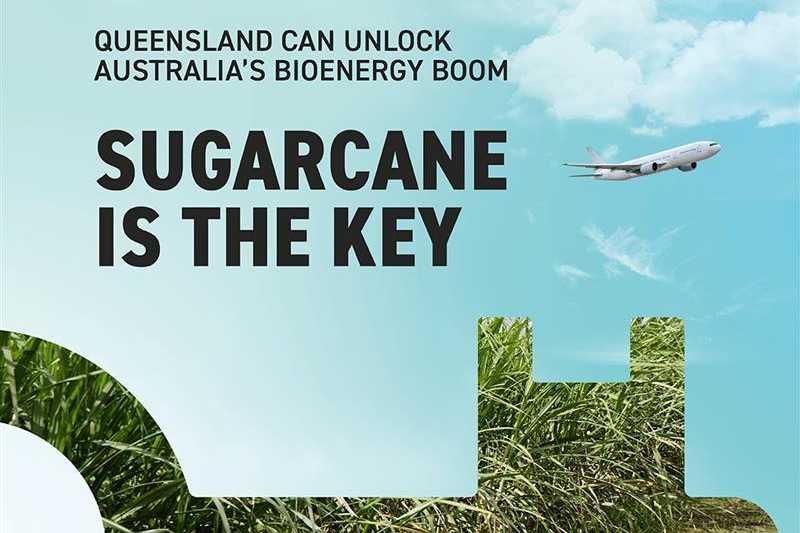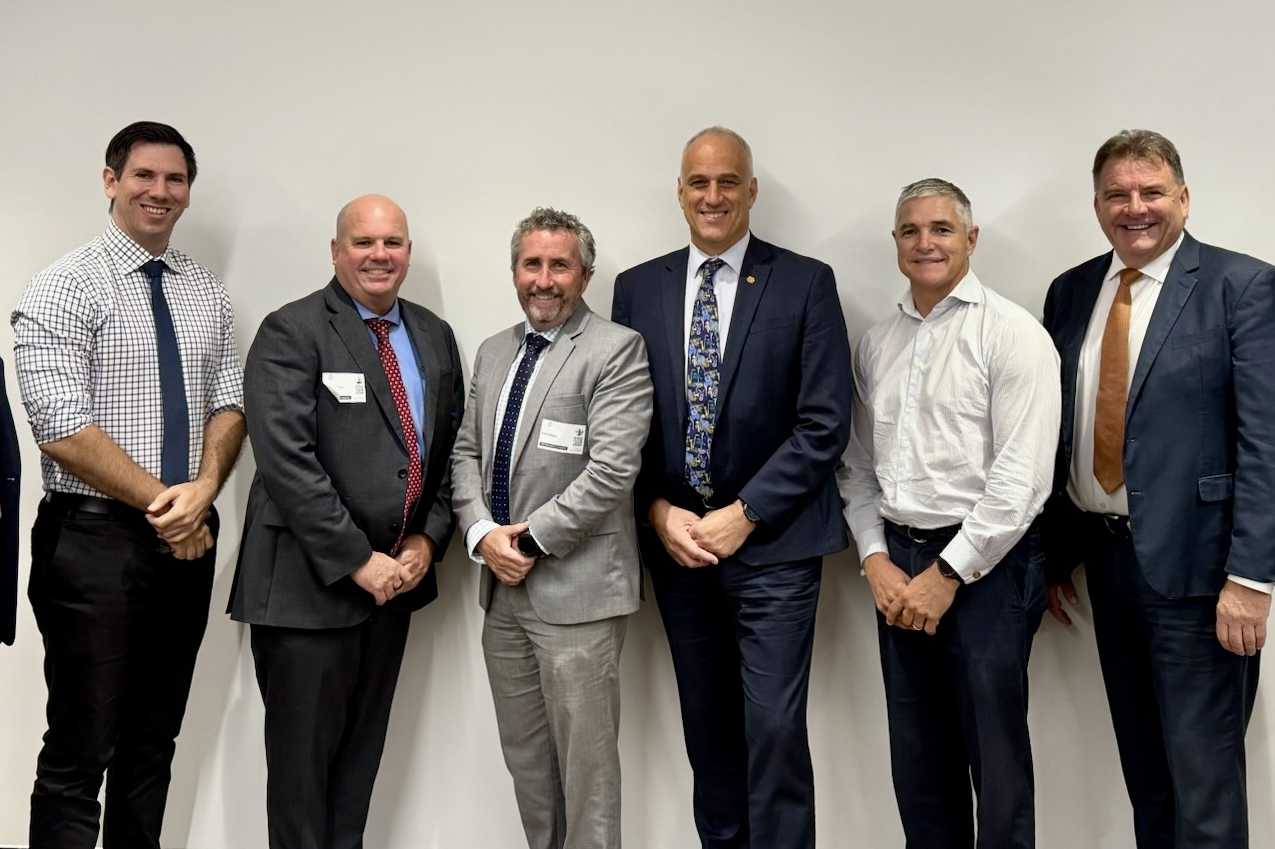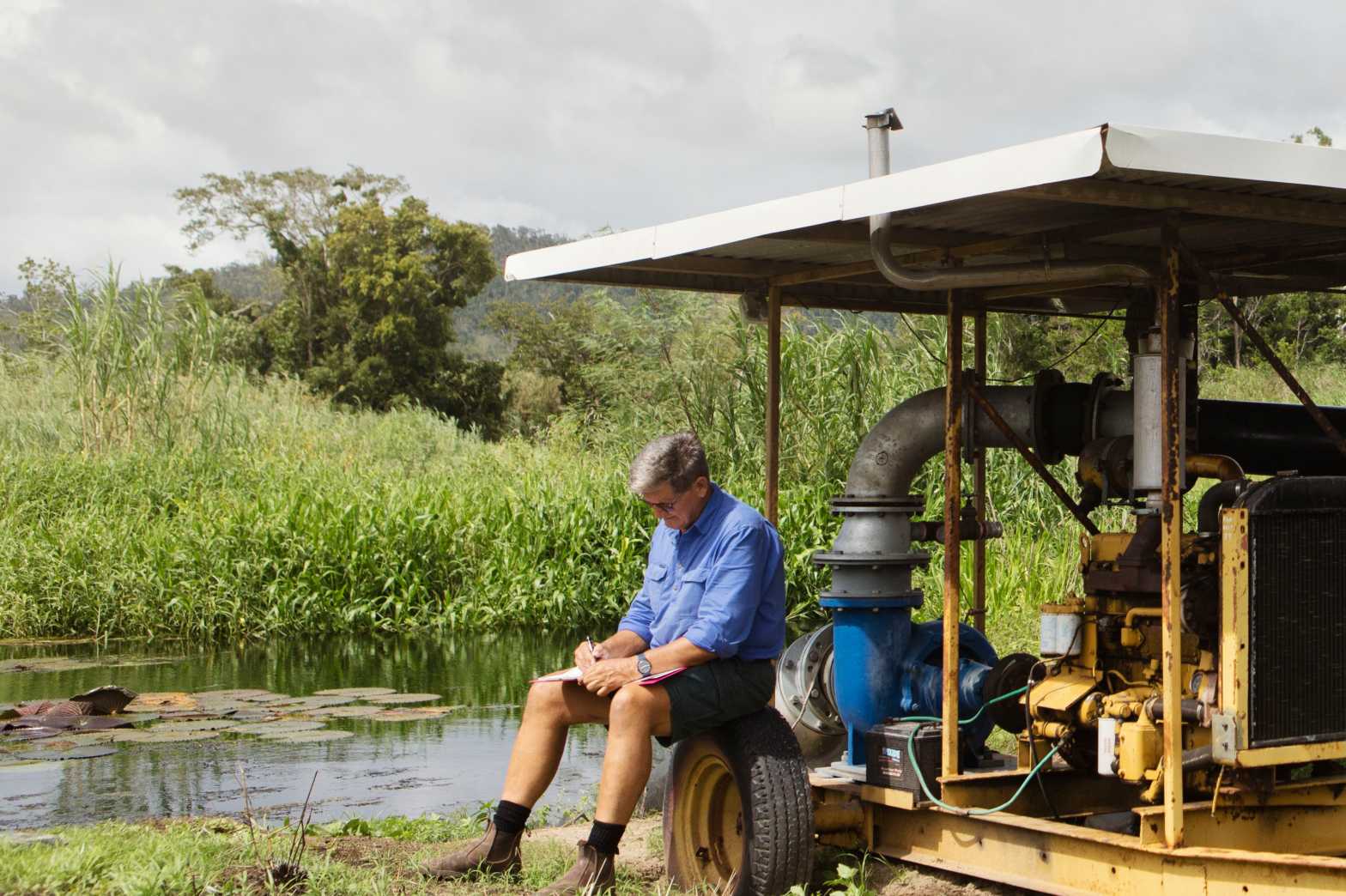Queensland’s sugarcane industry has welcomed the Federal Government’s move to kickstart a national biofuels industry, declaring the state is uniquely positioned to lead the nation in clean energy and regional job creation.
The Government’s new ten-year Cleaner Fuels Program commits $1.1 billion “to help unlock the vast economic opportunities on offer from low carbon liquid fuels” such as biodiesel and sustainable aviation fuel.
CANEGROWERS CEO Dan Galligan said Queensland sugar is ahead of the game, with sustainability and infrastructure advantages already locked in.
“Almost half of the Queensland’s sugarcane is recognised by the world’s three biggest sustainability gatekeepers as a global leader in sustainable farming. This gives immediate confidence to airlines, freight and heavy industry that local feedstocks meet global benchmarks,” Mr Galligan said.
He also highlighted the industry’s infrastructure advantage, saying Queensland’s cane rail network could be the backbone of a bioeconomy that can collect and process feedstocks from right across the state.
“Our growing region stretches along the Queensland coastline, alongside major population hubs. We also have a cane rail network stretching thousands of kilometres, linking farms to mills and multiple deep-water ports,” Mr Galligan said.
“This footprint shortens supply chains, cuts costs, and de-risks a rapid scale-up of domestic low-carbon liquid fuels. With sugarcane feedstock alone, Queensland could deliver more than 30% of Australia’s aviation fuel demand.
“This is about positioning Queensland as the nation’s biofuels hub. It means cleaner fuels for airlines and motorists, thousands of new jobs, and billions in regional investment.”
Australian Sugar Manufacturers (ASM) CEO Ash Salardini said the Federal Government deserved credit for seizing the moment.
“The government must be commended for grabbing this once-in-a-generation opportunity with both hands,” Mr Salardini said.
“We have to get the foundations right on biofuels. The challenge isn’t technology anymore – it’s standing up a reliable, scalable, and cost-effective supply chain.
“This agenda requires a laser-like focus on targeted support for feedstock logistics and infrastructure. Without it we risk building a biorefining capability that relies on imported feedstock – swapping our reliance on imported liquid fossil fuels with a vulnerability for imported bioethanol from places like Brazil and India,” Mr Salardini said.
Announcing the funding, Treasurer Jim Chalmers said Australians could see “the first production of ‘drop-in’ cleaner fuels” as early as 2029.
“The global net zero transformation is an enormous economic opportunity for Australia and producing low carbon liquid fuels is an important part of that opportunity,” Treasurer Chalmers said.
“Becoming a world leading producer of low carbon liquid fuels is a really big chance for Australia to be part of a really important growing global supply chain.
“This announcement is another way our Government is grasping the jobs and opportunities of the energy transition – to help lift wages, grow living standards, create jobs and economic opportunity around the country.”
Both CANEGROWERS and ASM said the benefits for Queensland are enormous if government and industry get the model right.
- Towns like Cairns, Mackay, Bundaberg, Townsville, Childers and Tully could become bio precinct hubs, producing clean liquid fuels, biogas and renewable electricity.
- Feedstock supply chains will be the source of tens of thousands of new jobs in farming, transport, processing, manufacturing and logistics.
- The sugar industry already supports 20,000 jobs and contributes $4.4 billion annually to the economy, and can grow even further.
“If we get it right, we’ll unlock thousands of jobs across regional Queensland and beyond, demonstrating that the net-zero ambition will bring good paying jobs to regional communities across Australia,” Mr Salardini said.




